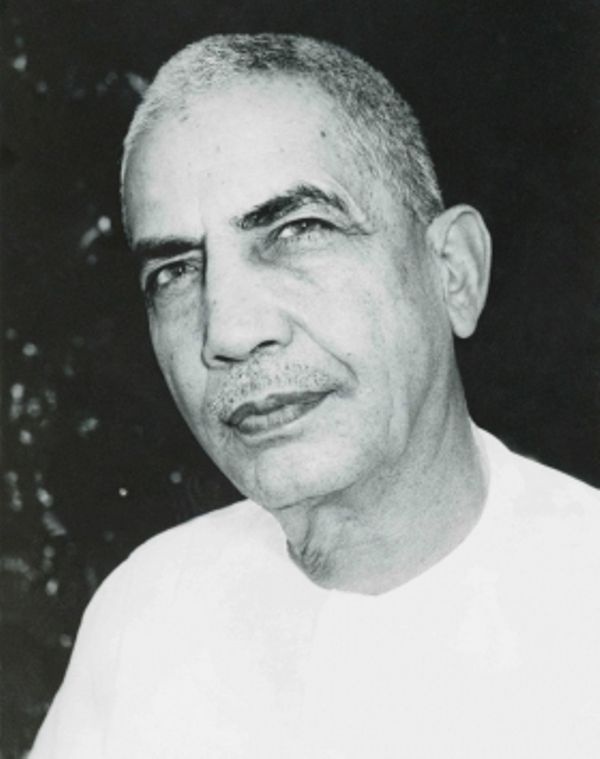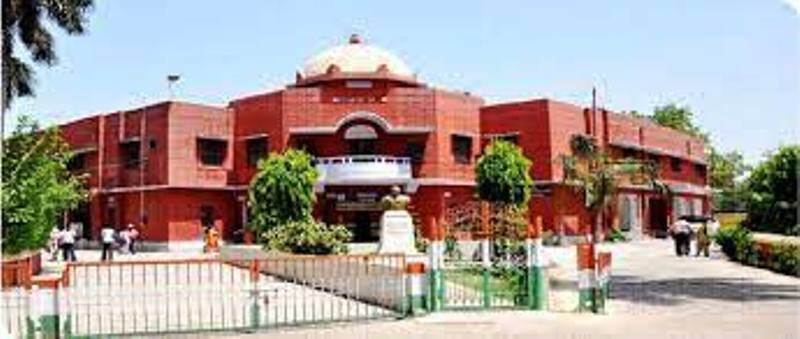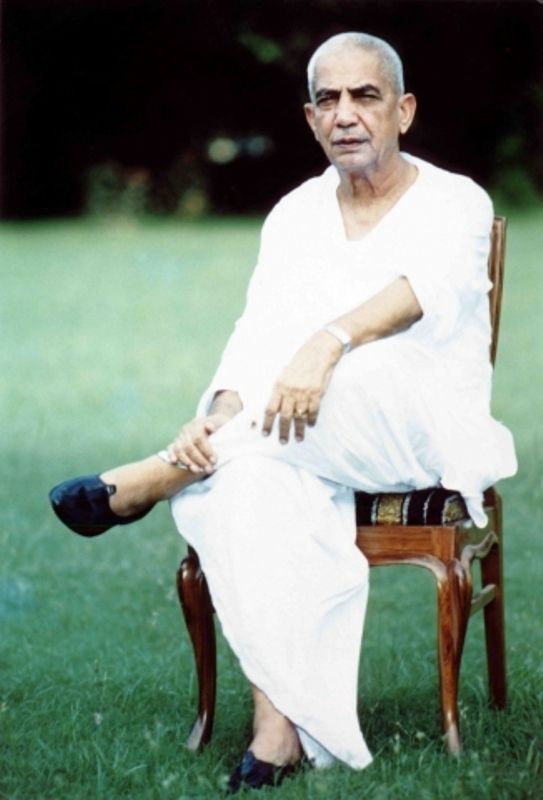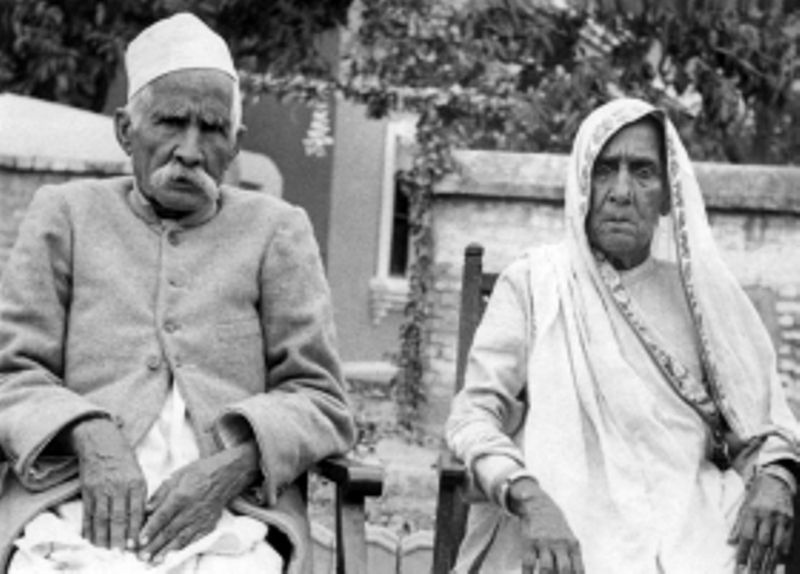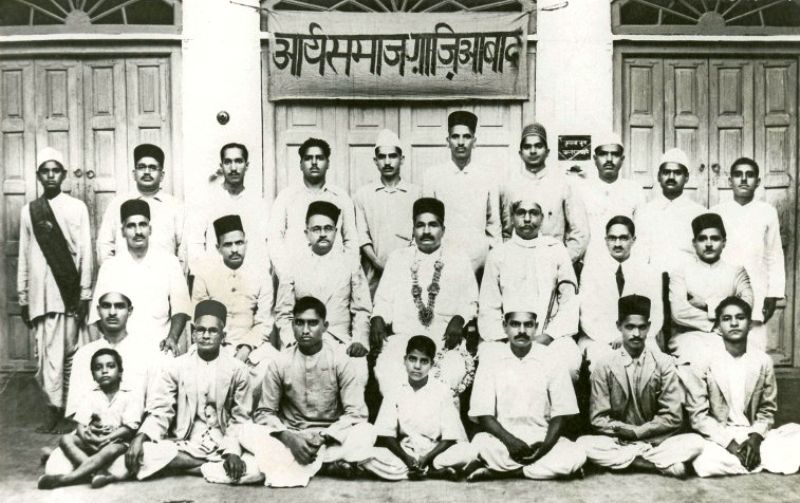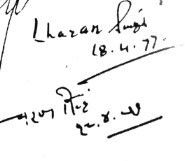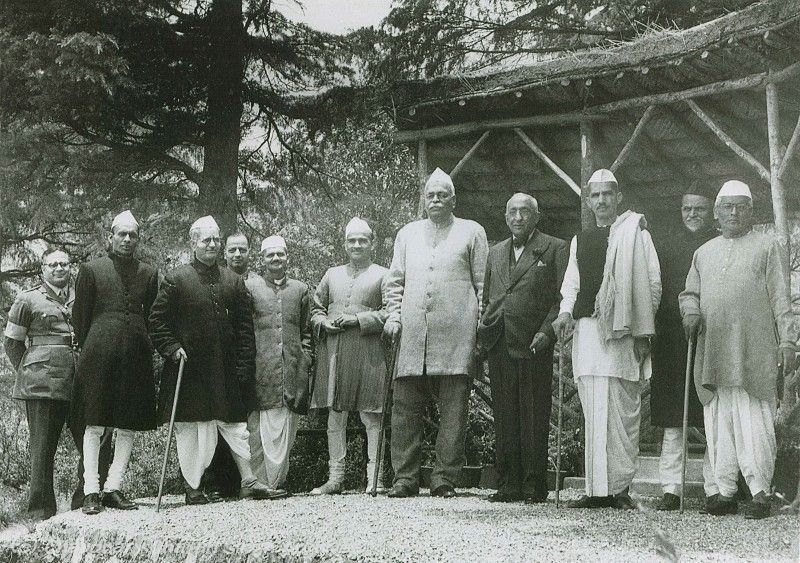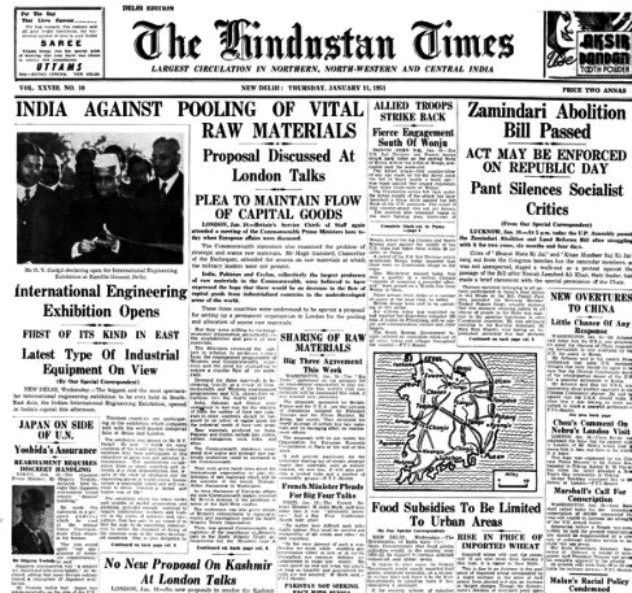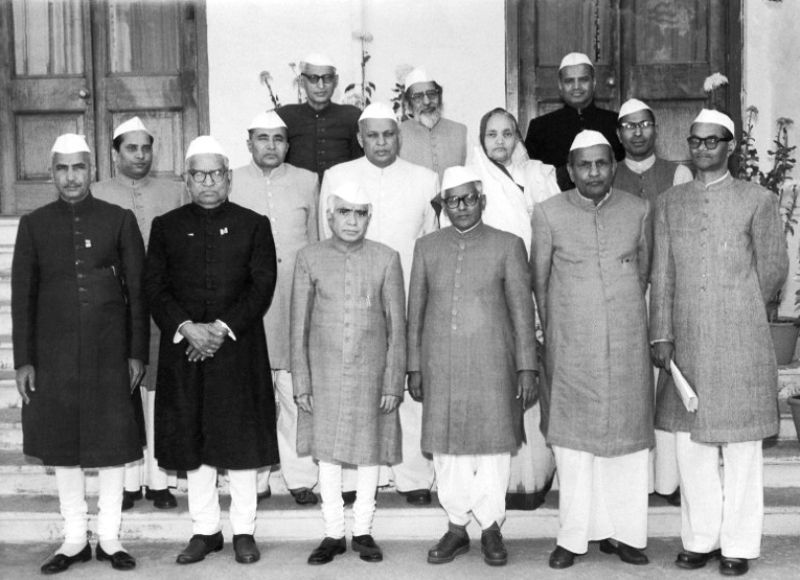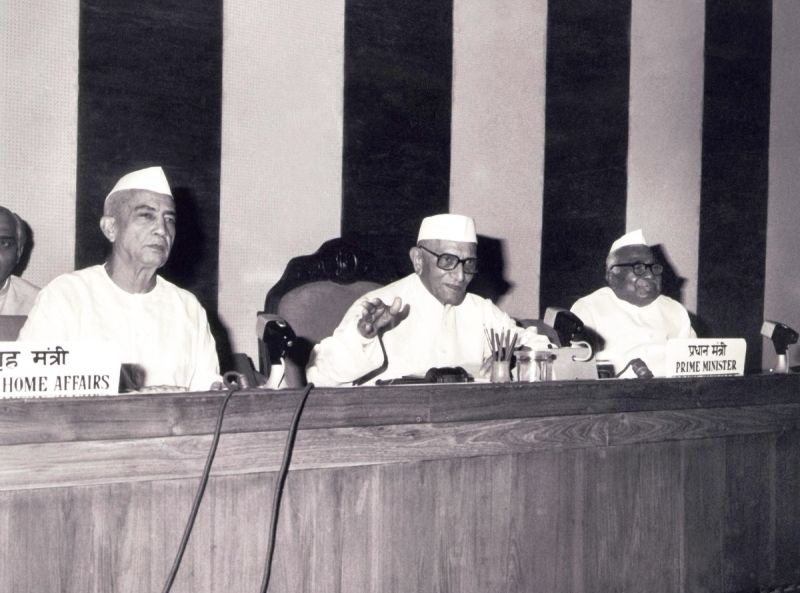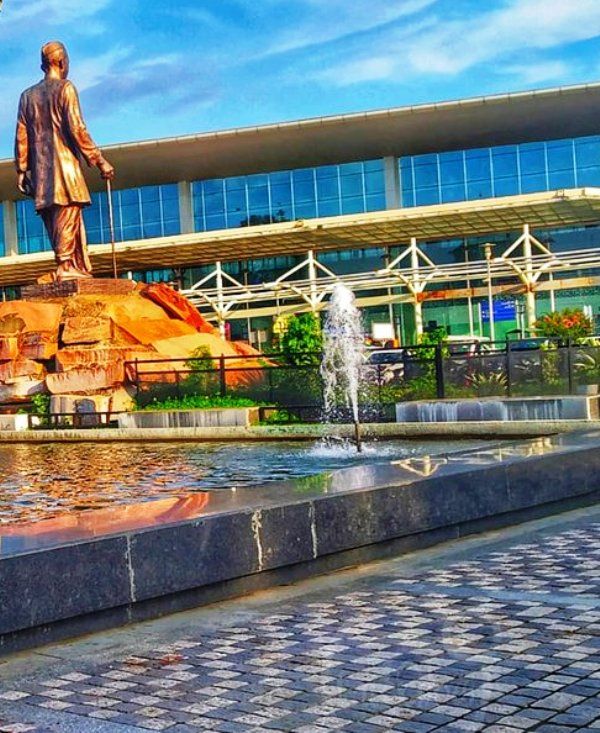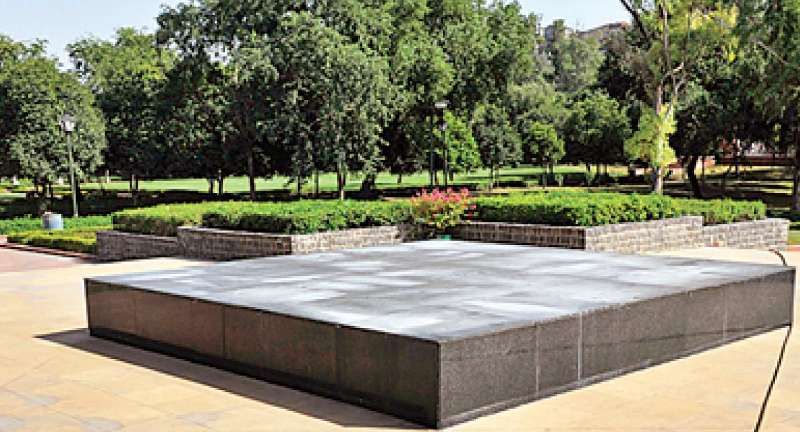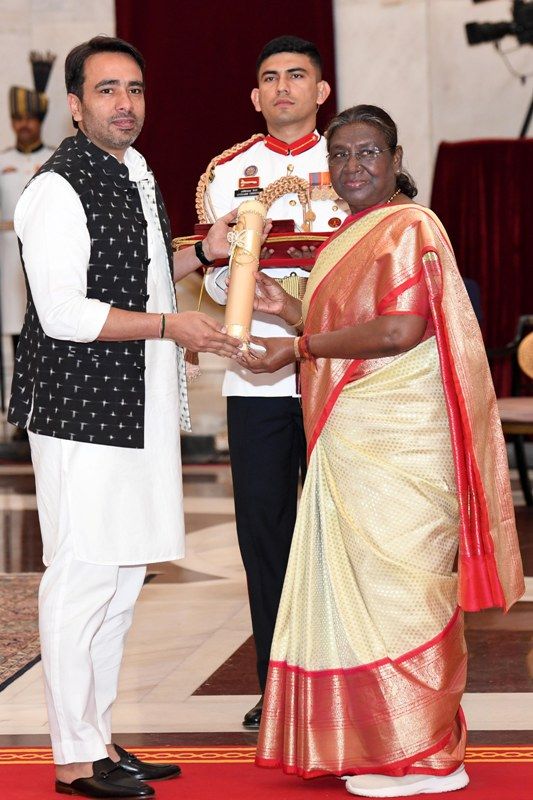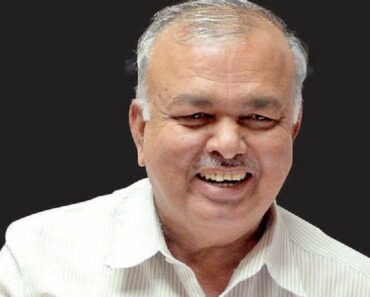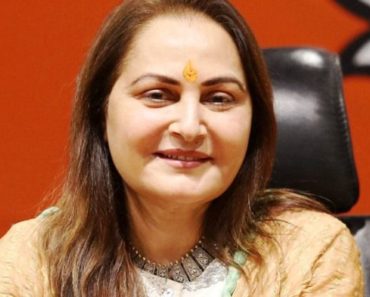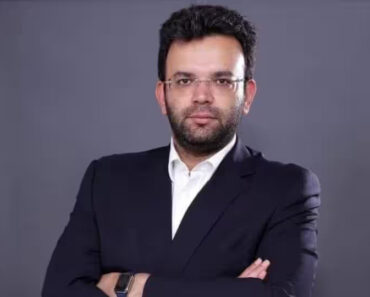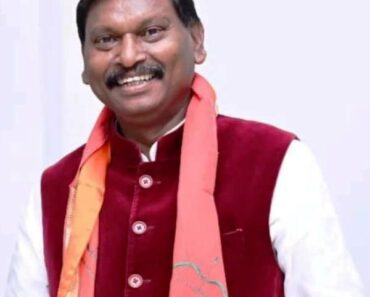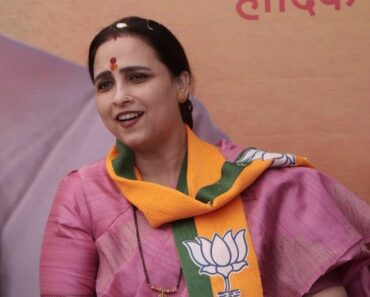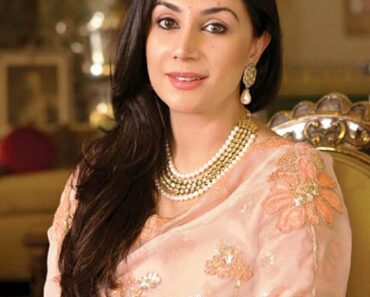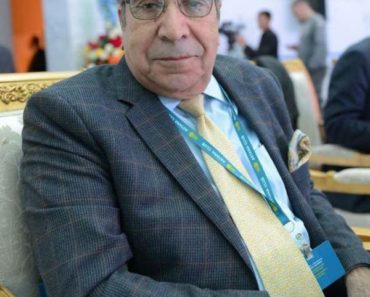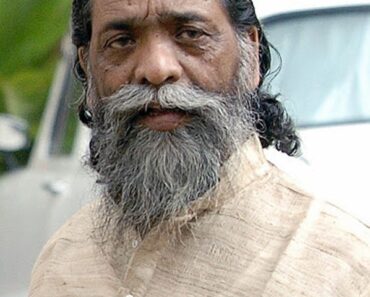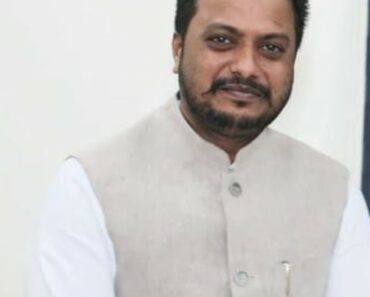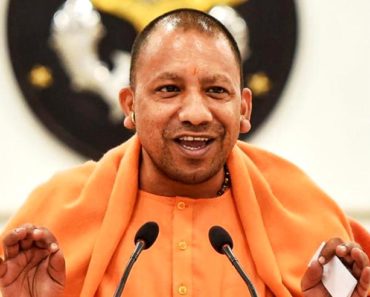Chaudhary Charan Singh (1902-1987) was an Indian agrarian intellectual and politician. Among farmers, he was known as “Chaudhary Sahib” and “Champion of India’s Peasants.” Being the son of a farmer, who was born in British India, he knew the plight of Indian agrarian society. He was highly influenced by Dayananda Saraswati and Mahatma Gandhi. He participated in India’s Independence movement led by Gandhi and fought the rigidity and prejudices prevalent in society at that time by becoming a member of Arya Samaj. He served as the 5th Prime Minister of India. He also served as the 5th Chief Minister of Uttar Pradesh. Apart from these, he held many key posts in the Union government such as Deputy Prime Minister, Finance Minister, Home Minister, and Agriculture Minister. He died in 1987 after a prolonged illness.
Contents
Wiki/Biography
Chaudhary Charan Singh was born on Tuesday, 23 December 1902 (age 84 years; at the time of death) in Noorpur village of Meerut district, United Provinces, British India (now Uttar Pradesh, India). His zodiac sign is Capricorn. He completed his primary education at a school in Jani Khurd. He was a brilliant student and wanted to study further, but his father was unable to finance his education with his meagre earning. Charan’s uncle Lakhpat Singh, who was in the Indian Army, put his faith in him and gave him a chance to study further. He went to Meerut to continue his study. At Government High School, Meerut, he completed matriculation in 1919, and intermediate in 1921. After this, he joined Agra College, Agra, where he pursued a Bachelor of Science in 1923. After graduation, he pursued an MA in History (British, European, Indian) and then enrolled in LLB at Meerut College (Agra University). His higher education was an achievement in itself because India’s total literacy rate was just 3.1% at that time.
Physical Appearance
Height (approx.): 5′ 7″
Hair Colour: Grey
Eye Colour: Black
Family
Parents & Siblings
Charan Singh’s father, Mir Singh, was a tenant in Noorpur village. Reportedly, after the landlord reclaimed his land from Mir Singh, he moved to Bhoop Garhi, Meerut. After a few years, he bought a small piece of land in Bhadaul village, Meerut, and settled there permanently. Charan Singh’s mother, Netra Kaur, was a homemaker; his parents got married in 1898. Charan Singh had 4 siblings, 2 brothers, Shyam Singh, and Man Singh, and 2 sisters, Ram Devi, and Risalo Devi.
Wife & Children
Charan Singh got married to Gayatri Devi of Sonipat on 5 December 1925. Together they had 6 children, 5 daughters, Satyavati, Vedvati, Gyanvati, Saroj, Sharda, and a son, Ajit Singh. His wife, Gayatri Devi, was elected a member of the legislative assembly of Uttar Pradesh from the Iglas (Aligarh) constituency in 1969 and Gokul constituency in 1974. Later, she became a member of the lower house of the parliament from Kairana constituency. His son, Ajit Singh, took his legacy ahead and went on to hold many key ministries in the Union government. His grandson Jayant Chaudhary is also a politician.
Religion/Religious Views
He was influenced by Arya Samaj at an early stage of life. According to Arya Samaj, true religion is truth, knowledge, and moral life. Hence Charan Singh named his 3 children as Satya, Ved, and Gyan. He denounced the practices of religious rituals and idol worship.
Caste
Charan Singh belonged to a Jat family of the “Teotia” clan in the Rohilkhand region of the North-Western part of the United Provinces (now Uttar Pradesh). He was a staunch supporter of social equality. To manifest it, in his college days, he used to eat food cooked by a Dalit person. In an interview, he talked about his views on the caste system and said,
After graduation, I was offered a post as Vice-Principal at the Jat High School but in that there was the name of a caste and I could not accept that. I have always been opposed to this social system since my childhood. [1]Charan Singh Archives
Signature/Autograph
Career
Civil Lawyer
Charan Singh, after completing his LLB, became a practising lawyer in a Ghaziabad Civil court in 1928, which he continued till 1939.
Politician
He joined the Indian National Congress in 1929. In 1930, he was elected Vice Chairman of Meerut District Board, but soon, he was imprisoned for 6 months by the British administration for his participation in Salt Satyagraha led by Mahatma Gandhi. He was elected to the legislative assembly of the United Provinces (now Uttar Pradesh) in 1937 from Chhaprauli (Baghpat, won 8 times from this seat). Soon after, he framed many crucial bills to safeguard the interests of the tenants and managed to pass a few of them. The most significant was The United Provinces Agricultural and Workmen Debt Redemption Bill, which freed several farmers from the clutches of the moneylenders. In 1948, Gobind Ballabh Pant became the Premier of Uttar Pradesh, and he appointed Charan Singh as his Parliamentary Secretary.
While serving as Pant’s secretary, he framed the Zamindari Abolition and Land Reforms Bill, which became an act on 24 January 1951. He considered it a milestone of his career. He said,
हरिजन लोग, आदिवासी लोग, भूमिहीन लोग, बेरोज़गार लोग या जिनके पास कम रोज़गार है और अपने देश के 50% फीसदी किसान जिनके पास केवल 1 हैक्टेयर से कम ज़मीन है … इन सबकी तरफ सरकार का विशेष ध्यान होगा।”
From 1951 to 1954, he held different positions in Gobind Ballabh Pant’s government such as Minister of Justice and Information, Minister of Agriculture and Animal Husbandry, and Minister of Revenue. When Sampurnanand became the chief minister of UP, he chose Charan Singh as Minister of Revenue, Irrigation, and Power. In Chandra Bhanu’s government, he was the Minister of Home Affairs and Minister of Agriculture in Sucheta Kriplani’s government.
In 1967, he became the first non-congress CM of Uttar Pradesh and formed the government in coalition with Samyukta Vidhayak Dal, but this was a short tenure. Later, he founded Bharatiya Kranti Dal in 1968. In 1970, he again won and became the CM of the state for the second time, but this again lasted for a few months only.
In 1974, he founded Bharatiya Lok Dal. On 25 June 1975, Charan Singh was jailed for the first time in Independent India as the emergency was proclaimed by the then prime minister Indira Gandhi. He came out of jail in 1977 and helped in forming the Janata Party to oppose Indira Gandhi by merging Bharatiya Lok Dal and Janata Dal. In 1977, he was elected to the Lok Sabha for the first time from Baghpat constituency. Morarji Desai placed him in his cabinet as Union Finance Minister and later as Home Minister.
After the resignation of Morarji Desai, in 1979, Charan Singh became the Prime Minister of India, but after 23 days of holding the post, Indira Gandhi withdrew her support from the Charan Singh government, just before he had to prove the majority in the parliament. He founded Lok Dal in 1980 and Dalit Mazdoor Kisan Party in 1984.
Death
He died on 29 May 1987 after a prolonged illness. He was cremated at Kishan Ghat next to the samadhi of Mahatma Gandhi in New Delhi.
Facts/Trivia
- Chaudhary Charan Singh’s birthday (23 December) is celebrated as Kisan Diwas in India.
- Indian Council of Agriculture Research (ICAR) constituted an award in his name, Chaudhary Charan Singh Award in 2000. It is given annually for excellence in Journalism in Agricultural Research and Development. It carries a cash award of Rs. 1,00,000 and a certificate.
- He became the first non-congress CM of Uttar Pradesh.
- There are two universities named after him, Chaudhary Charan Singh University, Meerut (earlier Meerut University), and Chaudhary Charan Singh Haryana Agricultural University, Hisar (earlier Haryana Agricultural University).
- Amausi Airport near Lucknow, Uttar Pradesh, was named after him in 2008 as Chaudhary Charan Singh International Airport.
- His memorial in Delhi is beside the Raj Ghat and is named “Kisan Ghat.”
- After Zamindari Abolition and Land Reforms Act, around 27,000 patwaris resigned in protest. Chaudhary Charan Singh accepted their resignation without any hesitation but didn’t make any amendments to the act. He then recruited new patwaris who came to know as Lekhpals.
- He wrote several books based on agriculture, development, and rural economy. Some of these are Land Reforms in UP and the Kulaks, Abolition of Zamindari, Two Alternatives, Joint Farming X-Rayed: the Problem and its Solution, India’s Poverty and It’s Solution, India’s Economic Policy – The Gandhian Blueprint, Economic Nightmare of India – Its Cause and Cure.
- His opponents often called him “Chair Singh” as he kept changing his side. According to them, Charan Singh was loyal only to power. They even said that he was the originator of “Aaya Ram Gaya Ram” (party switching and political horse-trading). [2]India Today
- He was posthumously awarded the Bharat Ratna in 2024. Jayant Chaudhary accepted the Bharat Ratna award from President Droupadi Murmu on 30 March 2024.
References
| ↑1 | Charan Singh Archives |
|---|---|
| ↑2 | India Today |

